Crocodiles and chimpanzees breeding are practiced in Bujumbura households or in some bars and public places even though it is not allowed by the law. According to the Cites Law, chimpanzees and crocodiles are among wild animals that must be protected against any exportation or trade activities.-By Lorraine Josiane Manishatse
Albert Ngendera, Legal Representative of the Animal Support Association raises in his own household eight crocodiles, (crocodylus Niloticus: Crocodiles of Nile – the only species that exist in Burundi) a chimpanzee and a monkey. He lives at Gatumba, 200 meters from the Rusizi National Park. It is worth noticing that those crocodiles live into three basins of 5m out of 5m with a 40cm high. He indicates that he started to raise those crocodiles in 2003. “I bought small crocodiles of 50 cm or 1m from people who hunted them from Lake Tanganyika and Rusizi River. They were twelve but four of them died because they drank acid”. It is worth mentioning that they have been kept in captivity for more than 10 years. Unfortunately, they didn’t reproduce at all. “They can’t reproduce as they live in a place that doesn’t allow them to mate. For mating, crocodiles need a minimum place of one meter deep. To lay eggs, they need roosting down into the sand,” recognizes Ngendera. He highlights that those crocodiles are not at ease because they live in inadequate conditions, they live in polluted water and in very small basins. They are not active; one can think that they are not alive.
It is the law violation
For Claude Ndayishimiye, the senior warden of Rusizi National Park, no one is allowed to raise crocodiles or chimpanzees. “ Cites Law, the International Convention on Trade of wild threatened and endangered fauna and flora species implemented in Burundi since November 1988, has classified those species among wild animals that must be protected because they are disappearing,” he deplores. According to him, Ngendera should return those crocodiles to INECN, an Institute in Charge of preserving Protected Areas. “He doesn’t have the right to breed crocodiles in his own household: first of all, he has violated the Environmental code because he has hunted them into the protected area; secondly, at his home, crocodiles are stressed out because they don’t live in their natural living environment. Consequently they can’t reproduce,” regrets Ndayishimiye. Ngendera on the other hand, replies that he has asked for an adequate place of 20 hectares into the park but they have given him a place that doesn’t satisfy him. “I have presented my project of ecotourism to the Minister of Environment, but the place they have given me is not related to my project at all. I have transmitted my request to the President of Republic and I hope that things will be better,” he says. Ndayishimiye has another different view. “He cannot run his business in the park. We have given him a great basin of 50m out of 50m where he can raise those crocodiles under the supervision of INECN. It would be a good way to protect and multiply them,” he concludes.
————————————————————————————————————————————————————————————–
The law N° 1 of 30th May 2011, Concerning the Creation and Management of Protected Areas in Burundi indicates that:
For Species considered by the International Convention as endangered, it is strictly forbidden:
1. to take, hunt, fish, capture or kill intentionally samples of those species into the nature;
2. To disturb those species intentionally;
3. To destroy intentionally or pick up or hold eggs of those species into the nature;
4. to deteriorate or destroy breeding sites, resting areas or every natural habitats where live those species in their stages of their life cycle;
5. to hold, transport, exchange, sell, buy, offer for sale, exchange, give free samples of those specimens take from the nature&
6. to expose samples in public places.


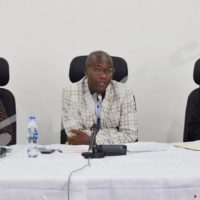
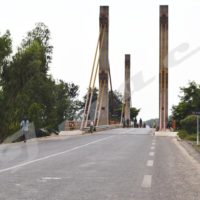
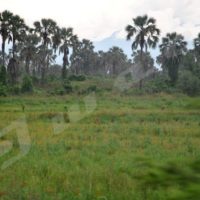
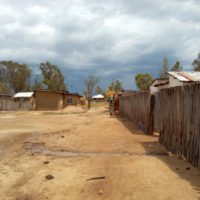
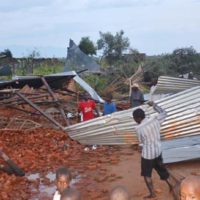













 IWACU Open Data
IWACU Open Data

